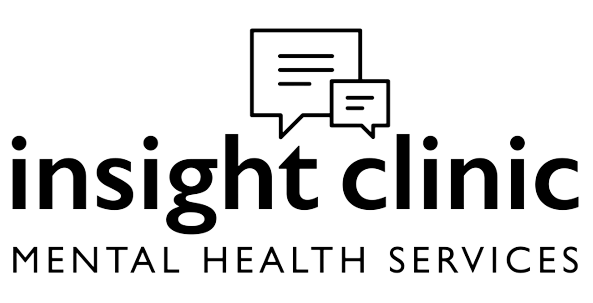Disclosure of Client Treatment Information Policy.
Purpose
This policy sets out the clinic’s position on the disclosure of client treatment information. It ensures that all communication and information-sharing is managed ethically, legally, and in a manner that protects client confidentiality, clinical safety, and the professional integrity of our multidisciplinary team.
1. Primary Disclosure Pathways
- Treatment information is disclosed only to the original referral provider or to the client’s General Practitioner (GP), provided the GP is clinically qualified to interpret such information.
- Information shared is limited to treatment progress updates, risk management considerations, and recommendations directly relevant to the client’s care.
2. Third-Party Requests
- Third parties (e.g., schools, community workers, or non-clinical services) may only receive general information with written consent from the client or, in the case of minors, from their parent/guardian.
- Written consent allows for limited communication only (e.g., confirmation of attendance, general engagement status).
- Written consent does not permit:
- Release of the clinical file or case notes
- Disclosure of sensitive therapeutic content
- Report writing, unless specifically negotiated, clinically appropriate, and separately contracted
3. Exceptional Circumstances
Information may be disclosed without consent only where there is a statutory or legal obligation, including:
- Police involvement
- Child Protection involvement
- Subpoena or court order
- Clear, immediate risk of harm to self or others requiring emergency intervention
4. Risk of Harm and Declining Requests
- All requests for information will be clinically assessed for appropriateness and potential risk of harm.
- The clinic reserves the right to decline requests if disclosure may:
- Increase risk to the client or others
- Breach professional and ethical obligations
- Undermine the therapeutic relationship or recovery process
5. Professional Integrity
- The clinic employs a multidisciplinary team, including psychologists, accredited mental health social workers, and counsellors.
- All clinicians are recognised under Australian law and bound by their professional codes of ethics, including:
- APS Code of Ethics (psychologists)
- AASW Code of Ethics (mental health social workers)
- ACA Code of Ethics (counsellors)
- Each clinician is accountable to their regulatory body and practices within their scope of training and qualification.
- Requests that question or undermine the professional role, qualifications, or designation of a clinician will not be engaged with. All communication must remain professional, respectful, and preferably in writing.
Review: This policy will be reviewed annually or when legislative or professional guideline changes occur



